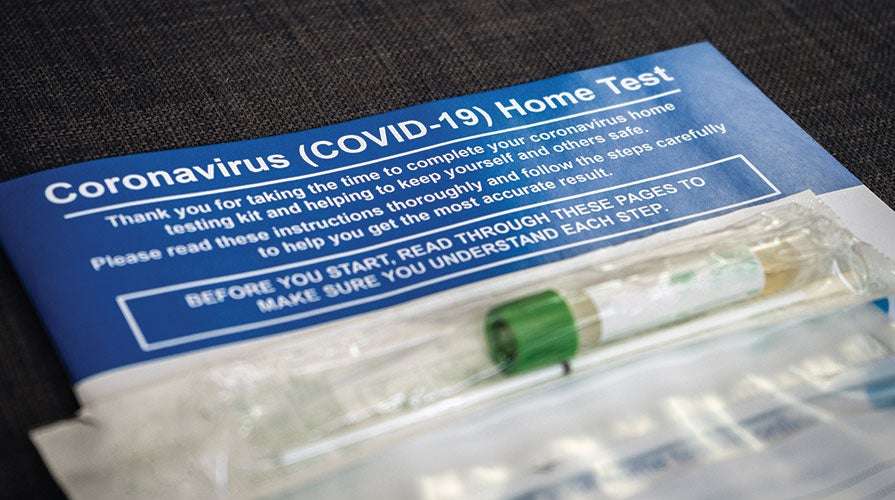Implementing COVID-19 Vaccine Protocols
As a COVID-19 vaccine becomes more readily available, employers are exploring options for workplace requirements and practices.
A common question is whether an employer can require all employees to receive a COVID-19 vaccine once it is available. Requiring the vaccine is an option, however, the results from two mid-December Society for Human Resources Management (SHRM) surveys show the majority of employers will encourage, not require the vaccination. The SHRM survey of employees indicates nearly two-thirds of U.S. workers say they’re extremely likely or very likely to get the vaccine.
Considerations
Issues employers need to address when determining how to proceed include:
- Whether receiving the vaccination will be voluntary or required
- Methods to encourage or ensure employees are vaccinated, including providing on-site administration
- Logistics for administering the vaccine (e.g., partnering with health care providers or staff administration)
- Establishing timelines for compliance due to different priority groups
- Process for employees to provide verification vaccine was received, including receipt of second dose
- Recordkeeping requirements to ensure confidentiality of medical information
EEOC Guidance
Equal Employment Opportunity (EEO) laws (e.g., the Americans with Disabilities Act (ADA), Rehabilitation Act, Genetic Information Act, and Title VII, including the Pregnancy Discrimination Act) do not interfere with or prevent employers from requiring employees to receive a vaccine, as long as the employer allows for exemptions for disability and religious belief. The Equal Employment Opportunity Commission (EEOC) recently updated its guidance to include information on COVID-19 vaccinations.
The updated guidance addresses how to handle prescreening questions to ensure compliance with the medical inquiries provision of the ADA and how to respond to an employee who indicates that he or she is unable to receive a required vaccination because of a disability (see section K).
Next Steps
When developing local protocols it’s important to work with your local attorney to ensure compliance with EEO laws and other legal issues.

April Mabry
April Mabry oversees HR Services training services, member library products, and the HRX newsletter. She has provided HR training and guidance to Texas public schools since 1991. Mabry was a classroom teacher for 11 years in Texas and Michigan.
Mabry has a bachelor’s degree in education from the University of Michigan and certification as a professional in human resources (PHR) and is a SHRM-CP.
HR Services

Subscribe to HRX
Stay up to date with all the latest HR news and trends by joining the HRX mailing list!





